Can a Car Ever Be Used Again After Being Flooded?
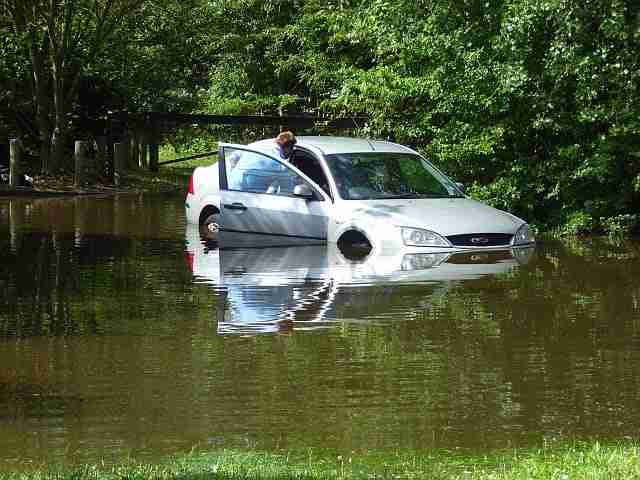
It’s one of the worst things that can happen. You go to your vehicle only to find that it is flooded. Now the questions start. How bad is the flooding? Did water get into the engine block? Is it even worth it to get the vehicle fixed?
Before you panic and start trying to figure out if you can afford to replace a flooded car, there are some things you should know.
Can a Vehicle Be Repaired After Flooding?
You may have heard the saying, “ never buy a car that has been flooded”, and now you’re trying to figure out if you can even get rid of it for scrape. It might not come down to that. Not all flooded vehicles are worthless. Some can be repaired, and this could include yours.
The first step is to figure out how bad the flooding was, and if your vehicle is underwater. If the vehicle is submerged for several days or even hours, you probably just want to call your insurance agent and see if you are covered. Water damage to a vehicle that extensive is generally beyond repair.
If you’re lucky and your vehicle isn’t submerged it might be worth your time and money to have it repaired. If you’ve decided to see if it makes sense to repair the flood damage, there are a few things you can do while waiting for the claims adjuster.
- Take plenty of pictures inside and outside the vehicle. It is important that you document everything, your insurance company will expect lots of evidence.
- Do not try and start your car, even if water didn’t cover the engine. There could still be damage and trying to start the vehicle will just make it worse. Any damage you do after the vehicle flooded might be your financial responsibility.
- You want to unhook the battery from the cables. This is a safety precaution. It’s never a good idea to work around a wet battery that could still be taking an electric charge.
- You want to start cleaning any mud, water, and debris out of your car. The longer it stays in there the more damage it will cause. Rust and corrosion can quickly set in, and this is an expensive problem to fix. If it is bad enough, it could affect the vehicle’s frame.
- Wipe off the console, steering wheel and anything else that got wet. Don’t forget to check the glove box and any other compartments. They are not water-sealed and liquid can easily get in.
- Even if you are positive that water didn’t go up to the top of the hood, it is still a good idea to check your engine for signs of water. An easy way to do so is by checking the oil dipstick. If you see droplets of water, all engine fluids and filters need to be changed before trying to turn the engine over.
Since you have already taken photos of the flooded vehicle, you don’t need to wait on an insurance adjuster to start cleaning. The sooner you start the less damage you are likely to have.
Is Your Flooded Car Worth Fixing?
When you first see your car after it flooded, your first thought is probably that it’s totaled. This might not be true. Wait until you’ve cleaned it up and met with an insurance agent. You don’t want to make a rash decision in this situation.
Other than your insurance agent labeling the vehicle as totaled, the only other reason to not have it repaired is if it will cost more than the car’s value. In this case, it is best to write the vehicle off. If you have any pictures of the vehicle before it flooded, give these to the adjuster. Insurance companies often increase payout if vehicles were previously in good condition.
Some of the things insurance companies look for to determine if a flooded vehicle is worth fixing include,
- How high the water line is. Generally, insurance firms won’t pay for repairs if the water line is over the floorboards. If it is any higher, the chances of liquid getting into electrical components significantly increases. Electrical shorts in the car’s computer system can deem the car a loss. – Silt in the seats, persistent musty odors, and even rust and mold can also be problems if the water gets inside the car.
- If a mechanic informs you that there is more damaged than previously thought, the insurance company can choose to “total” the vehicle. This is especially true if the recommendation comes from the mechanic. If the vehicle cannot be properly repaired and it goes back on the road, lives are at risk.
If the flooding was minor, with minimal water inside the vehicle, there is a good chance you can have it repaired. If you are having the car fixed, make sure that you go to a reputable and licensed mechanic. Your insurance agent may be able to recommend one.
Flooded Car and Insurance
Since it is required by law, you should have car insurance. The question is what type? If you only have liability, you will be paying for all the repairs. Damage to your vehicle is not covered under this type of policy. There is also collision coverage, and you can add on comprehensive.
Comprehensive coverage means that your vehicle is insured for fire, theft, and water damage. It is the most expensive type of policy but for many it is worth it. The only thing they often have to pay is the deductible when they file their claim.
There are a couple of common questions drivers have about car insurance.
- Some drivers mistakenly believe that their home owners insurance also covers their vehicle if it floods. This is not true. The home and auto industry are completely separate. Only comprehensive auto insurance will cover your car if it’s flooded, even if it’s parked in the home’s garage.
- A common question is how expensive is comprehensive insurance. Surprisingly, on average adding comprehensive to your collision coverage only raises your monthly bill by 3-percent. Your rates generally aren’t raised for your first comprehensive claim, either. This can make it a financially smart decision, especially if you live in an area with a history of floods.
It is important to have the right car insurance. The last thing you want is to have to pay out-of-pocket for repairs. You also won’t be able to file a claim if the vehicle is damaged. The only thing left, is to try and sell the vehicle as scrap metal.
Watch Out for Flooded Cars on the Market
After you’ve settled the insurance claim you’re probably in the market for a new car. This is when you need to be careful. Chances are yours is not the only vehicle that flooded. Many of these vehicles can end up at car lots.
When a vehicle is totaled it is given a salvage tag. These vehicles are legal to buy and can be shipped to another state for a new title, without the salvage tag. You do not want your new vehicle to have any problems associated with flooding. This is why it is always best to go to a factory dealership.
Final Thoughts
Seeing your car after it flooded can be shocking and disheartening. There is a chance that it can be repaired. If not your insurance company will issue you a payout for the car’s cash value – though only if you have comprehensive insurance.
If you do have to buy or lease a new vehicle. Be careful where you go shopping. The best places are factory dealerships. They carefully inspect all vehicles on the lot so you know you’re not getting a “lemon”.
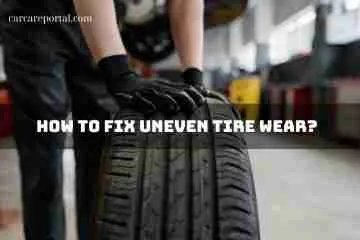
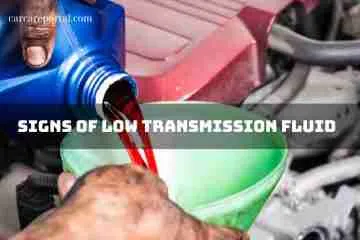
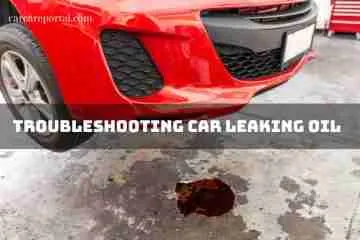
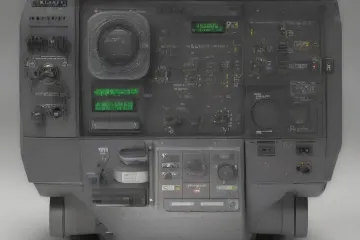
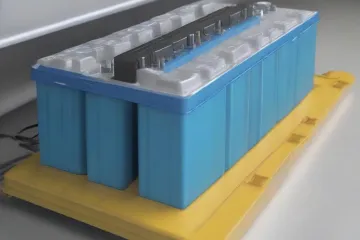
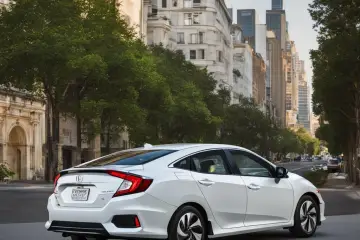
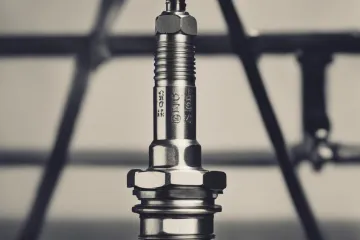
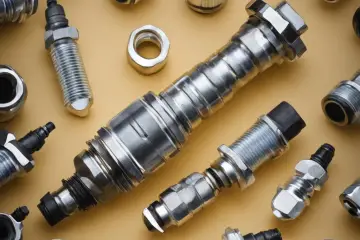
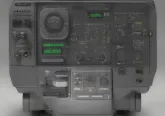
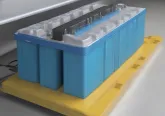


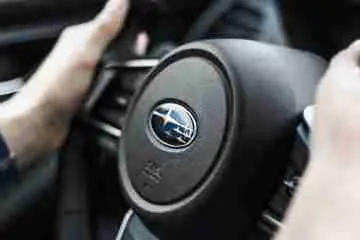
No Comment